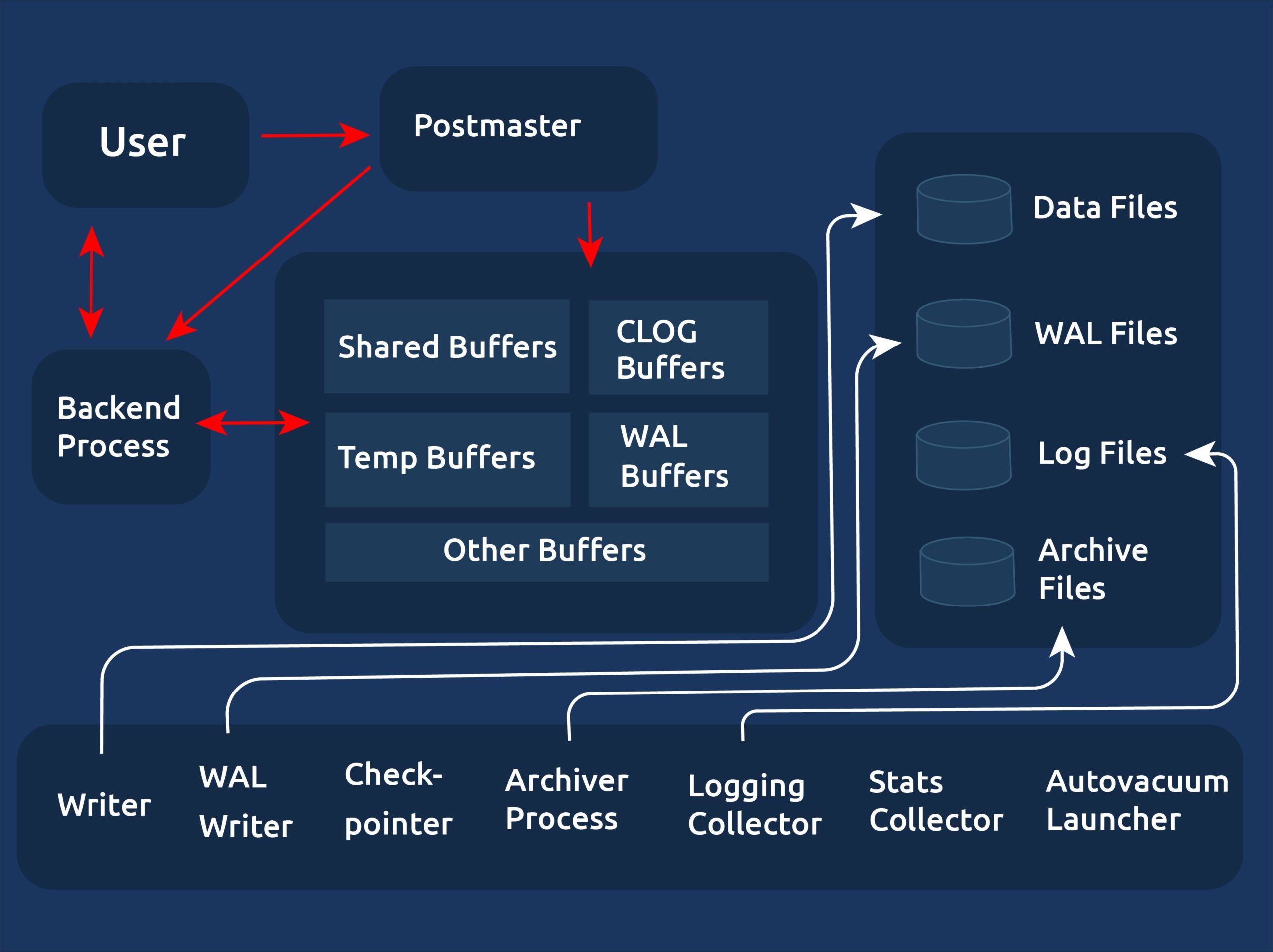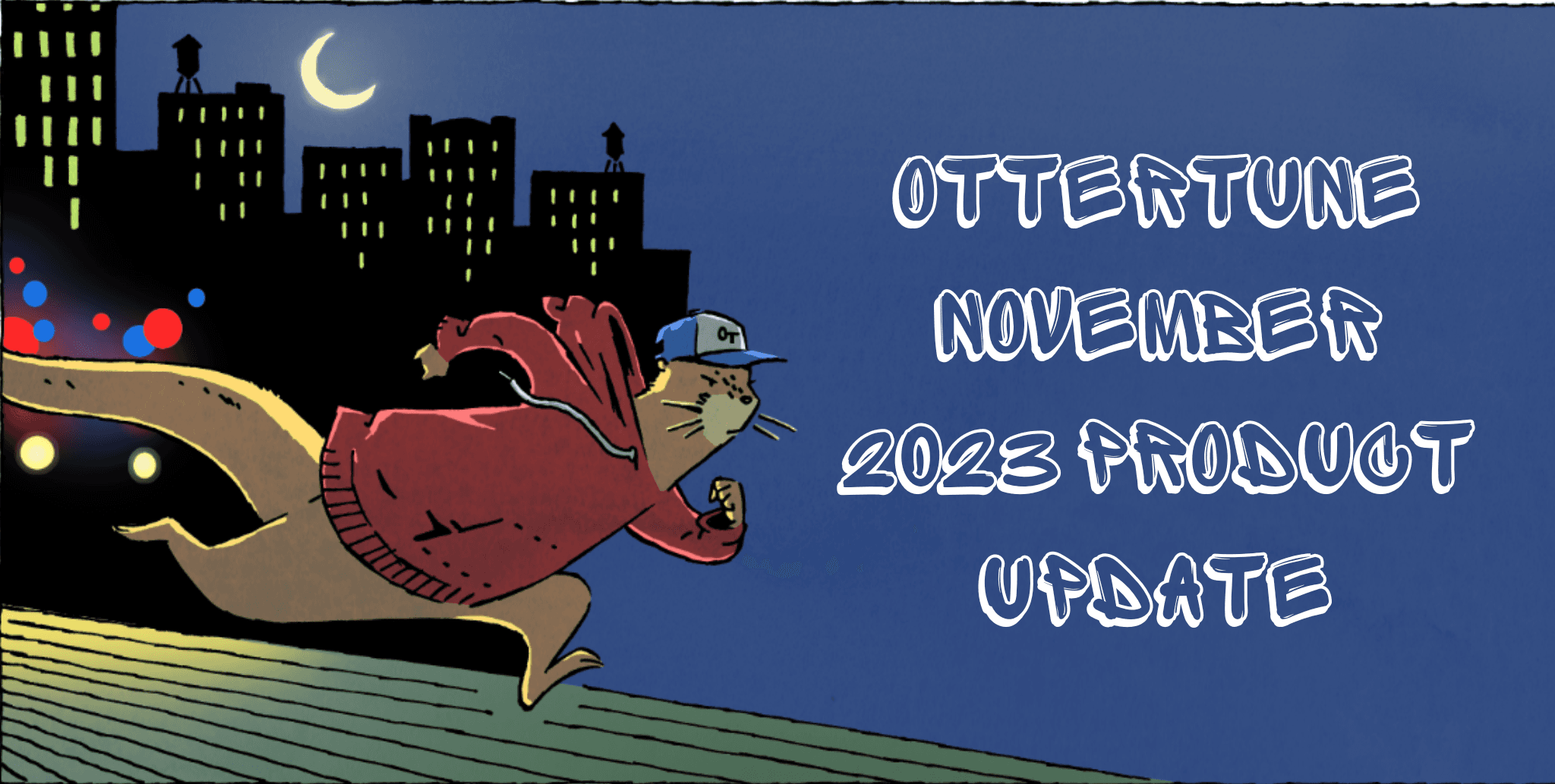Oct 12, 2022
Cloud spending may be heading for a fall
OtterTune Team
In a recent article, VentureBeat shared some potentially grim news for cloud providers. According to a survey by Wanclouds, which specializes in cloud migrations, more than 80% of respondents plan to hold cloud spending flat or reduce it. Only 18% plan to increase cloud spending.
Now, for many companies, this may be a statement of intention rather than a solid and thought-out plan. Still, it seems concerned about cloud spending is rising in today’s challenging economic environment. And budgets may indeed tighten, slowing the rapid growth of cloud spending.
Startups are likely to be affected, too. They may well feel pressure to tighten cloud expenditures that can easily exceed a million dollars, so as to preserve investment dollars and lengthen their current budgetary runway.
What to do?
How can you respond to this potential chill? We at OtterTune have some suggestions.
First, increase your use of open-source databases. The two that we at OtterTune have chosen to support are PostgreSQL, “the world’s most advanced open source database,” according to Postgres.org, and MySQL, “the world’s most popular open source relational database,” according to AWS.

Second, use our product, OtterTune. As our name suggests, OtterTune automatically tunes PostgreSQL and MySQL running on databases on AWS. You can choose to optimize your databases for lower cost, higher performance, or a combination. We have seen increases of roughly 2x in price/performance among customers using OtterTune.
Why open source databases?
Why do we recommend open-source databases? Mainly because they offer the greatest leverage for improved price/performance. Open-source databases have many wonderful features, but they tend to be less optimized than commercial databases. So OtterTune can make a big difference for you, as a database user, when run with open-source databases.
As the name implies, open-source databases also offer you a great deal of freedom. There is no licensing cost; you only pay for the hardware you run them on, whether that means buying and running your own servers or paying for compute capability and storage space in the cloud. And open source databases have much less restrictive licensing terms than commercial products.
And with open source, you can make changes to the source code. You can:
Fork the centrally maintained code and change your copy of the code, then compile and run it
Submit change suggestions to the centrally maintained (“upstream”) code and wait to see if they’re accepted, then use the newly changed upstream code
Fork the code and make the change locally, but also submit it upstream for potential adoption
And open source code offers a kind of security blanket that commercial code can’t offer. You get access to rich, active communities around your open-source database. And you aren’t subject to the business decisions of any specific provider, nor to business problems that may cause them to cut back on support, on new features, or even on their product line. Open source code tends to improve steadily and predictably over long periods of time.
Why OtterTune?
OtterTune seeks to give you the best of both worlds, commercial and open source. Your database instances, and the code you write to run against them, get all the benefits of open-source database software. OtterTune’s operational enhancements don’t conflict with the benefits of your open-source database, and the cost is far less than commercial database licensing. You keep control and get valuable improvements.
OtterTune is currently offered on AWS, the leading cloud provider, including in the AWS Marketplace. You can learn much more about OtterTune’s features on our homepage.




